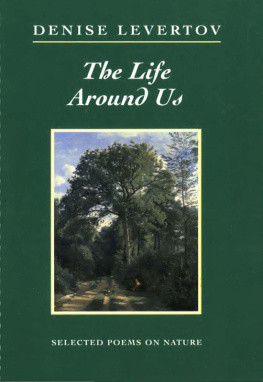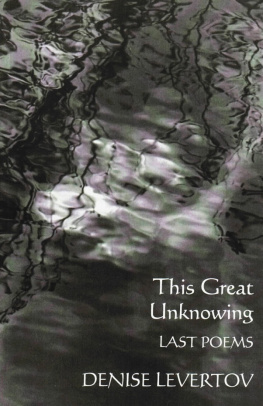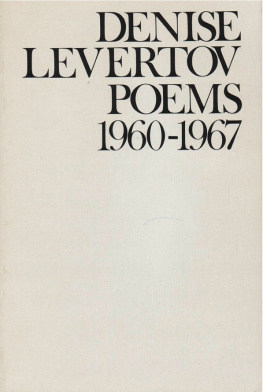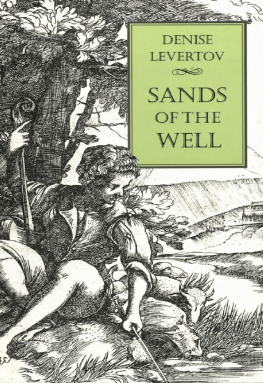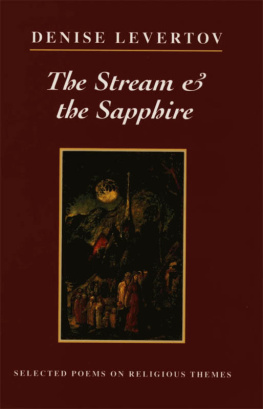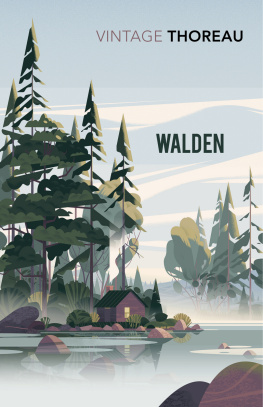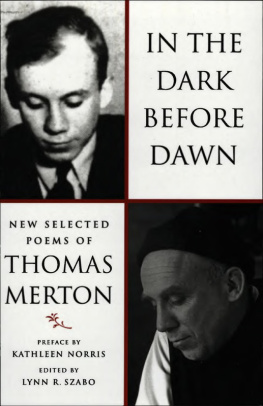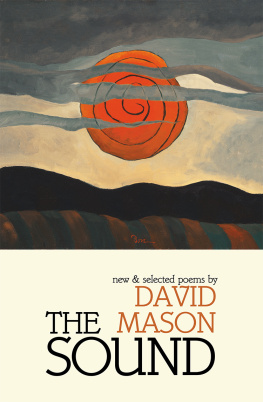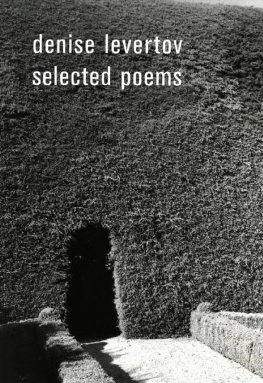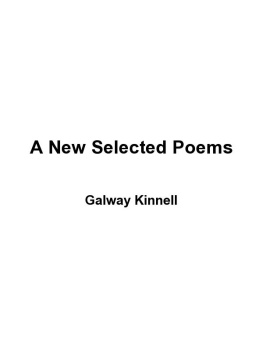The ash tree drops the few dry leaves it bore in May, stands naked by mid-July. When each days evil news drains into the next, a monotonous overflow, has a trees dying lost the right to be mourned? Nolifes indivisible. And this tree, rooted beyond my fence, has been, branch and curved twig, in leaf or bare, the net that held the sky in my window. Trunk in deep shade, its lofting crown offers to each long days pale glow after the sun is almost down, an answering gold the last light held and caressed.
Those Who Want Out
In their homes, much glass and steel.
Their cars are fastwalkings (or children, except in rooms. When they take longer trips, they think with contempt of the jets archaic slowness. Monastic in dedication to work, they apply honed skills, impatient of less than perfection. They sleep by day when the bustle of lives might disturb their research, and labor beneath fluorescent light in controlled environments fitting their needs, as the dialects in which they converse, with each other or with the machines (which are not called machines) are controlled and fitting. The air they breathe is conditioned. Coffee and coke keep them alert.
But no one can say they dont dream, that they have no vision. Their vision consumes them, they think all the time of the city in space, they long for the permanent colony, not just a lab up there, the whole works, malls, racquet courts, hot tubs, state-of-the-art ski machines, entertainment Imagine it, they think, way out there, outside of nature, unhampered, a place contrived by man, supreme triumph of reason. They know it will happen. They do not love the earth.
The Stricken Children
The Wishing Well was a spring bubbling clear and soundless into a shallow pool less than three feet across, a hood of rocks protecting it, smallest of grottoes, from falling leaves, the pebbles of past wishes peacefully underwater, old desires forgotten or fulfilled. No one threw money in, one had to search for the right small stone.
This was the place from which year after year in childhood I demanded my departure, my journeying forth into the world of magical cities, mountains, otherness the place which gave what I asked, and more; to which still wandering, I returned this year, as if to gaze once more at the face of an ancient grandmother. And I found the well filled to the shallow brim with debris of a cultures sickness with bottles, tins, paper, plastic the soiled bandages of its aching unconsciousness. Does the clogged spring still moisten the underlayer of waste? Was it children threw in the rubbish? Children who dont dream, or dismiss their own desires and toss them down, discarded packaging? I move away, walking fast, the impetus of so many journeys pushes me on, but where are the stricken children of this time, this place, to travel to, in Time if not in Place, the grandmother wellspring choked, and themselves not aware of all they are doing-without?

